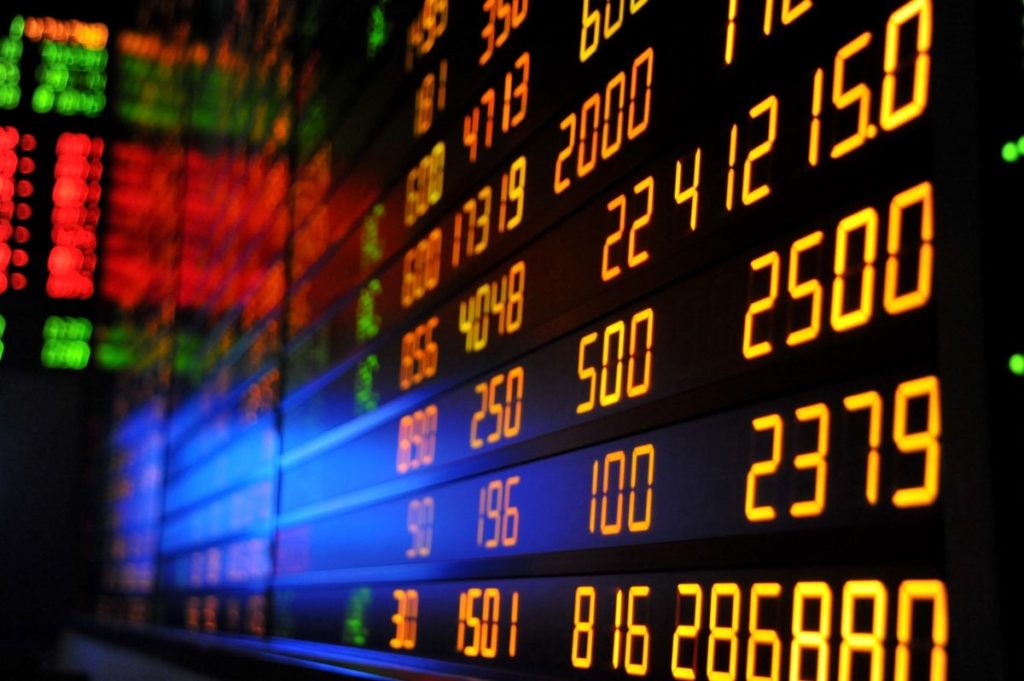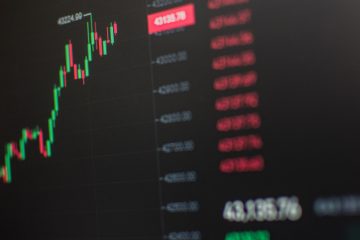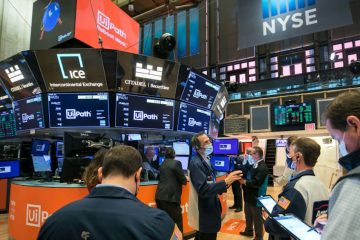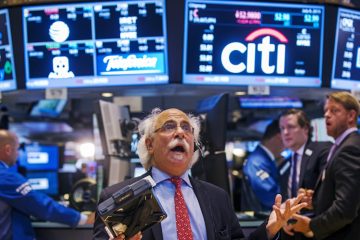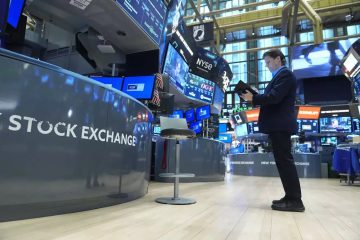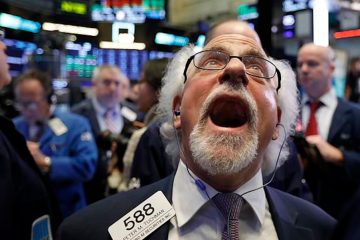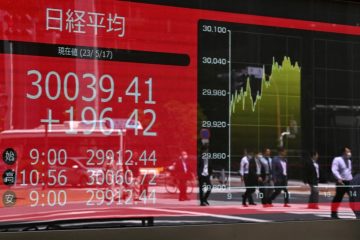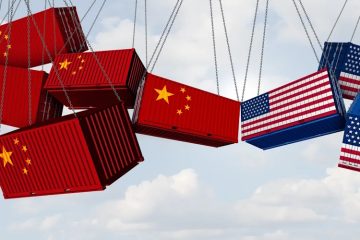Most Asian stock markets fell on Thursday as upbeat economic data strengthened the prospect for higher U.S. interest rates, while the dollar’s bull run continued with U.S. bond yields propelled to multi-year highs.
Japanese stocks swam against the tide and rose to a near 11-month high as the yen weakened.
Spreadbetters saw a mixed opening for European stocks, forecasting a slightly lower open for Britain’s FTSE, a marginally higher open for Germany’s DAX and a flat start for France’s CAC.
The dollar index against major currencies rose 0.1% to 101.78, not far from a 13-1/2-year high of 101.91 touched overnight.
The greenback drew support from a further rise in U.S. Treasury yields.
The two-year yield hit its highest levels since April 2010 on Wednesday on further bets the Trump administration will increase debt-funded spending and spur growth and inflation.
Such a view – which has also lifted expectations for more U.S. rate hikes next year – was reinforced on Wednesday after new orders of U.S. manufactured capital goods rebounded in October. Consumer sentiment also jumped in November.
“It (the U.S. dollar) is a freight train that seems over limit at the moment, but it may have a long way to go before what looks and feels like a structural adjustment settles down,” said Greg McKenna, chief market strategist at CFD and FX provider AxiTrader.
The dollar was up 0.1% at 112.650 yen after touching an eight-month high of 112.980 overnight. It has gained roughly seven big figures since Trump’s victory earlier this month.
The euro was down 0.1% at $ 1.0543 after touching $ 1.0526 overnight, its lowest since December 2015. The common currency has dropped nearly 4% in November.
The firm dollar kept most emerging market currencies on the ropes, with China’s yuan nearing the 7 per dollar level for the first time since May 2008.
State banks or foreign exchange authorities in China, India, Indonesia and the Philippines were all suspected of intervening to slow the slide in their currencies on Thursday.
MSCI’s broadest index of Asia-Pacific shares outside Japan pared Wednesday’s gains and lost 0.4% as focus returned to the United States. Facing the prospect of higher U.S. interest rates diverting money from emerging markets, it has lost 3.5% this month.
Hong Kong’s Hang Seng shed 0.2% while higher metals prices lifted China’s blue-chip CSI300 index 0.4%. South Korea’s Kospi fell 0.7% amid receding foreign investor appetite.
“The amount of foreign stock-dumping is likely to increase during the session due to the strong dollar and the absence of any momentum for the South Korean market to rebound,” said Ha Keon-hyeong, a foreign exchange analyst at Shinhan Investment.
Japan’s Nikkei was up 1.1%, touching its highest level since early January.
Equities in emerging and developed economies have headed in different directions since Trump’s win.
Higher U.S. yields have pulled those of other developed economies from rock-bottom levels, with investor money now expected to flow back from emerging markets which had offered relatively higher rates.
The Dow marked a record closing high overnight. Germany’s DAX has gained nearly 2% since the victory by the Republican candidate. On the other hand, MSCI’s emerging markets index has fallen 5.8% this month.
Japan’s 30-year bond yield rose to an eight-month peak of 0.650%. The German 10-year bund yielded around 2.6% on Wednesday, having climbed from a record low of minus 0.2% struck in July.
Oil prices were little changed amid uncertainty ahead of a planned OPEC-led crude production cut at a meeting on Nov. 30.
U.S. crude was up 3 cents at $ 47.99 a barrel and Brent was flat at $ 48.95.
London zinc hit an 8-year high and copper jumped for a fourth day in a row as funds poured into metals on expectations of growing strength in the U.S. manufacturing sector.

